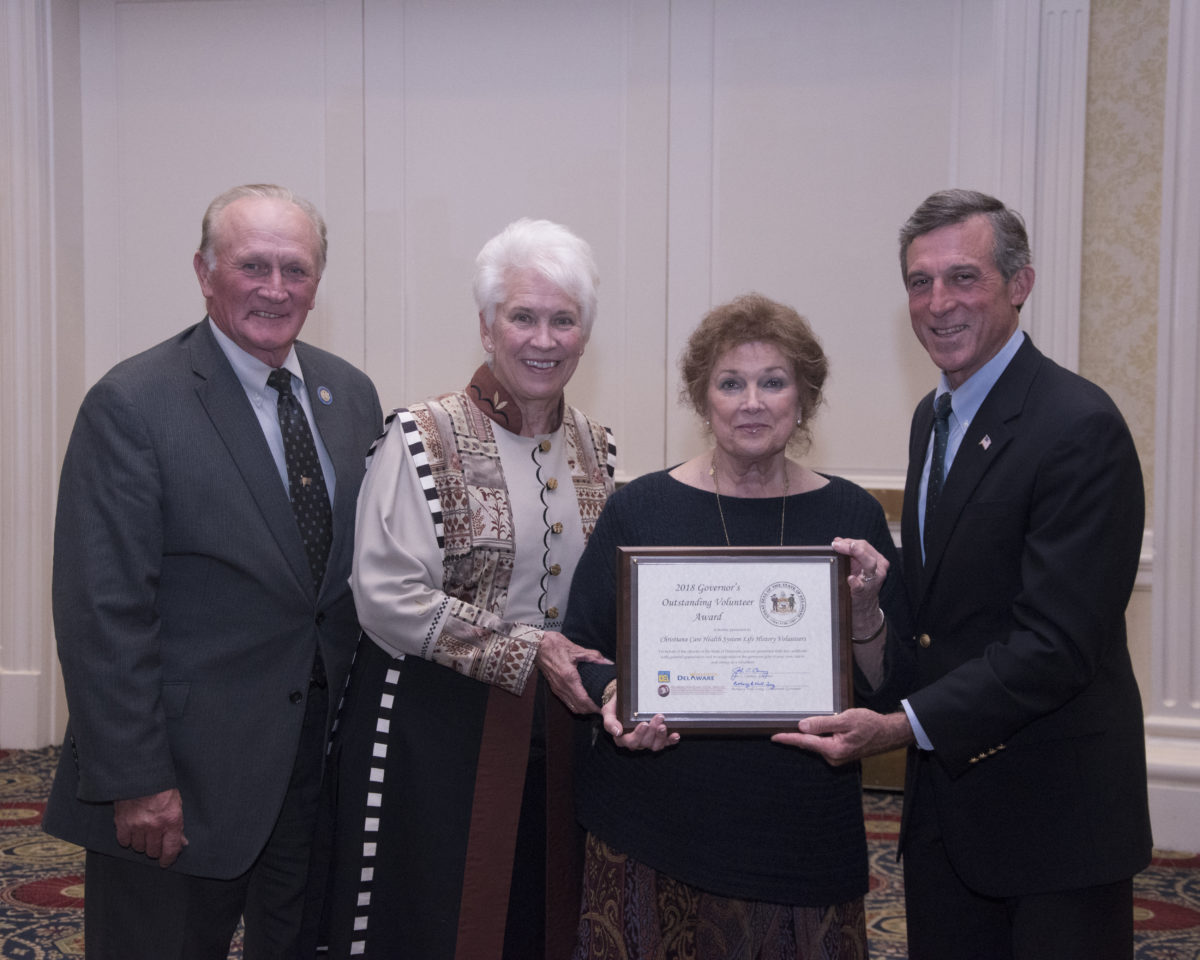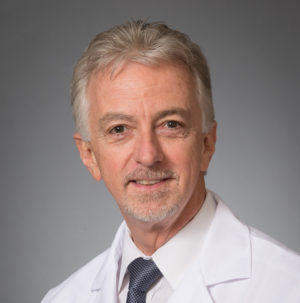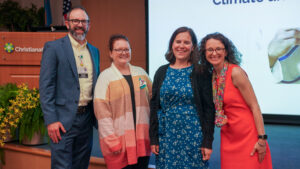Christiana Care Health System’s Living History Volunteers received a 2018 Governors Outstanding Volunteer Award in the category of Health & Special Needs.
The volunteers were recognized — along with 22 other individual and group winners — by Gov. John Carney at a ceremony Oct. 24 in Dover.
Since October 2011, Christiana Care volunteers have been interviewing patients and writing their non-medical stories to build a bridge between the patients and staff, thus allowing staff to deliver care in the context of the whole person.
To-date, Living History volunteers have interviewed and kept records of more than 526 patient stories, with 34 completed in 2017.
The hospital volunteers interview patients about the non-medical parts of their lives — their families, careers and interests. Staff say they love the program as a tool to help them know patients better and connect on a more person level.
Patient and family feedback indicates that they enjoy telling their story and reading the compositions with their families and the volunteer writers.
The short life histories are given to the patient and a copy is placed in the patient’s file where doctors, nurses and other members of the health care team can read them.
The volunteers who have participated in this program are dedicated in both time and emotion, said Christiana Care Volunteer Services Manager, Rose Wessells. “They display reliable and consistent behaviors that are necessary to allow this program to succeed.”
“Although the ordeal that got me here wasn’t a good thing, the time I spent with this volunteer was heartfelt,” said one patient.
Clinical staff say they love this program and use the information during therapy to promote improved communication, which helps them to know the patient better and connect on a more personal level.
“The Living History Program is about getting to know the patients and their families in a different way,’’ said Christiana Care Visitor & Volunteer Services Director Margarita Rodriguez-Duffy, MSW, CAVS.
“It has helped our patients be able to share their lives — their inner, vulnerable places — when they come to us. Patients want to be valued, to be special and appreciated, and this tool gives them the opportunity to do that.”


